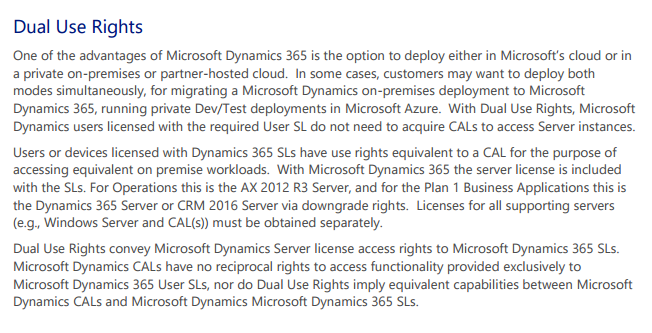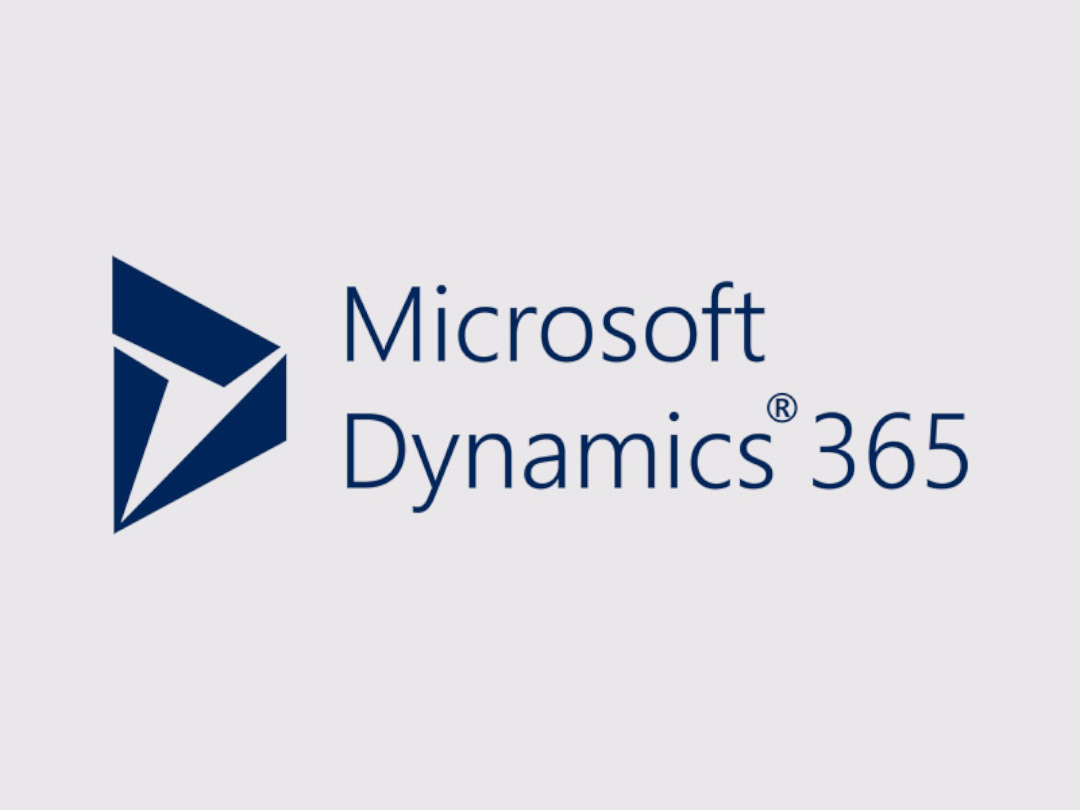In the world of Dynamics CRM/Dynamics 365 for Enterprise (D365E), the start of the year generally means the introduction of new exams in line with the latest version of the product. 2017 is no exception to this rule and, at the time of writing, there are 4 new D365E exams that you can start to get your teeth into:
- MB2-715: Microsoft Dynamics 365 customer engagement Online Deployment
- MB2-716: Microsoft Dynamics 365 Customization and Configuration
- MB2-717: Microsoft Dynamics 365 for Sales
- MB2-718: Microsoft Dynamics 365 for Customer Service
Microsoft appears to be drip feeding the current wave of exams this time around: the first exam to popup was MB2-716 at the start of February, with the remaining exams cropping up over the last week or so. What’s also worth noting is that the current exam list for D365E is only viewable via the US Microsoft Learning site; if you are UK based like me, then the current Dynamics certification page makes no mention of the new exams…yet. I seem to remember this being a problem last year as well and, like back then, you can still book your exam and sit it in your country of choice by simply going through the US Microsoft Learning Website.
Exams present a good opportunity to re-familiarise yourself with areas of a particular product that you have not had much exposure to previously, as well as introducing you to anything new that has been introduced over the past year. In this week’s blog post, I will take a closer look at the new exams and the differences that new and previous candidates should make note of before preparing to revise.
Customer Organizational Structure: What It Is and Why You Shouldn’t Worry
Both the MB20715 and MB2-717 dedicate a significant percentage of exam performance on a candidate’s ability to ‘Create a Customer Organizational Structure’. Exam veterans may initially be put off by this terminology, as it is not something that has ever been referenced previously. Upon closer inspection of both exams, the skills measured differs, compounding any potential confusion. Fortunately, the top-level terminology is more confusing than what is underneath. To simplify things for those who may be still scratching their heads, here is a breakdown for each exam of what you will need to focus on:
- MB2-715
- Support the Microsoft Dynamics 365 client environment: This covers things such as knowing which browsers are compatible with D365E, which mobile devices/operating systems that the mobile app support and also minimum software/hardware requirements for the D365E App for Outlook (Note: this is NOT the same as the Dynamics 365 for Outlook).
- Deploy Microsoft Dynamics: This will likely cover what license types are available, what permissions they grant across the application and also what features you get as part of a subscription. For example, remember that subscriptions now include a free sandbox and 10GB database storage.
- Import Data into the Microsoft Dynamics 365 Environment: This will cover the Data Import Wizard and all its subtle nuances, as well as the new Data Loader service (surprising, given that it is still in preview apparently).
- Manage the Microsoft Dynamics 365 Environment: This is likely to cover all of the Office 365 “soft skills” that are required as part of managing D365E Online and, rather interestingly, Single Sign-On (SSO) via Active Directory Federation Services (ADFS) - something that has only ever come up as part of On-Premise exams previously.
- MB2-717
- Manage Customer Records: This will include topics covering your “basic” record types and how they behave (Accounts, Contacts etc.), as well as having to demonstrate knowledge of Business Units and how to structure the application to match a business hierarchy.
- Manage the Sales Process: This will cover your full sales qualification process - Lead to Opportunity to Quote to Order to Invoice - and how these record types interact, the unique behaviours of each and potentially some stuff covering Business Process Flows.
- Manage Customer Communication: Same as the above, this will be focused towards knowledge of Opportunity and Lead records. There may also be a sneaky question or 2 about Social Engagement chucked in, based on the terminology used.
- Manage sales literature and competitors: This will include working with document templates, the Competitor record type and potentially some questions regarding Connections and Connection Roles.
So on balance, nothing too scary as part of the above for those who have sat previous exams. That’s why it’s always important to dig deeper behind a headline to get the true story underneath!
And It’s Goodnight From Me: Saying Farewell to the On-Premise Exam
One notable absentee from the list of new exams is the On-Premise Installation exam. The previous exam for 2016, MB2-711, demonstrates a candidate’s proficiency in installing and administrating the On-Premise version of Dynamics 2016; something which, based solely on my own experience managing an on-premise lab environment, is no small feat. Now it very much looks if this exam has gone the way of the Dodo. As highlighted by legendary CRM/D365E MVP Mark Smith, there is currently no content on the Dynamics Learning Portal/Imagine Academy that covers On-Premise installation of D365E.
Although the retirement of this exam type (if true) does come with some drawbacks for those who may be tasked with supporting on-premise versions of the application in the near future, it is perhaps not surprising. The key thing that Microsoft have been trying to highlight as part of the D365E release is the clear benefit of the cloud version of the product over its companion, self-hosted versions. This is why Microsoft have been offering incentivised upgrade pathways, sprinkled with a generous helping of price reductions, to motivate organisations to move to the Online version of the product. Whilst On-Premise D365E will continue to have a role to play in the months and years ahead - which is why Microsoft offer Dual Use Rights with online subscriptions (see below) - its role will be relegated to merely providing organisations with an offline mechanism for deploying development/test environments within their own infrastructure.

With regards to some of the topic areas covered by the former On-Premise Installation exam - such as Server-Side-Synchronisation and CRM for Outlook - you can be assured/annoyed at the fact that these topics are picked up within the new MB2-715 exam instead. So don’t take these subjects too lightly when revising. 🙂
Missed Opportunities
As we welcome the new exams and what they can offer, they also present an opportunity to evaluate what is missing and what could be improved upon in the future. With this in mind, here are a few things that are a shame to be have been missed as part of this wave of exam releases:
- With the retirement of MB2-701: Extending Microsoft Dynamics CRM 2013 at the end of the last year, the death knell was signalled for Developer CRM/D365E certifications. With no current exam on the horizon to replace MB2-701, this presents a major missed opportunity. Familiar readers of the blog will know that I have railed against this in the past, chiefly for the reason is that it creates a lack of incentivisation for existing functional CRM consultants or developers new to the product to take a dive and learn what is possible via the platform through coding. I hope that this is eventually addressed and that we see an Extending Dynamics 365 exam or similar released in future.
- I did a post last year discussing the possible imminence of a CRM Portal exam, based on evidence garnered from the Adxstudio website. CRM Portals is such a huge product in of itself, that presents its own unique blend of learning curves and challenges when coming from a purely CRM-focused background. Having an exam dedicated solely to this presents, in my view, the surest way pathway for those interested in implementing the product as part of future projects to get running with it. This being the case, it is a shame that a Portal Exam has not yet been included as part of the above list.
- I did hear some rumours last year that Microsoft was planning on “resetting” the current state of affairs regarding CRM/D365E exams and their status within the Microsoft certification hierarchy. Unlike the “big hitters” in the Microsoft range of products, such as Azure and Office 365, which have MCSA/MCSE level qualifications, CRM/D365E have continually been relegated to Microsoft Specialist level for each of the exams passed; something which, I have to admit, does not look as snazzy on your C.V. :( I was hoping that with the love and attention shown to CRM last year as part of the D365E rebranding, that we would see a brand new D365E MCSA released. Perhaps this may happen in the future, as I believe this is one of the ways that Microsoft can clearly signal the importance of D365E moving forward.
Conclusions or Wot I Think
I have yet to sit any of the new exams, although it is something that I am tentatively planning for over the next couple of months. It will be interesting to see how the experience differs compared to previous exams, if at all. Despite the rebranding, the content of these exams feels to be very safe on balance; i.e. the structure is largely identical compared to their equivalent 2016 version, with some slight peppering of new content to cover some of the muted new features within the product. Some new features appear to have been left out altogether - for example, there is no specific mention of some of the new Process updates or even the new built-in Sitemap editor. I would hope that these exams are a stop-gap for a completely new range of exams that will be released in the future, that place the D365E application front and centre with the other much-loved favourites in the Microsoft “family.” This would also have the added benefit of providing candidates with the opportunity to more clearly specialise within non-traditional areas of the application.
